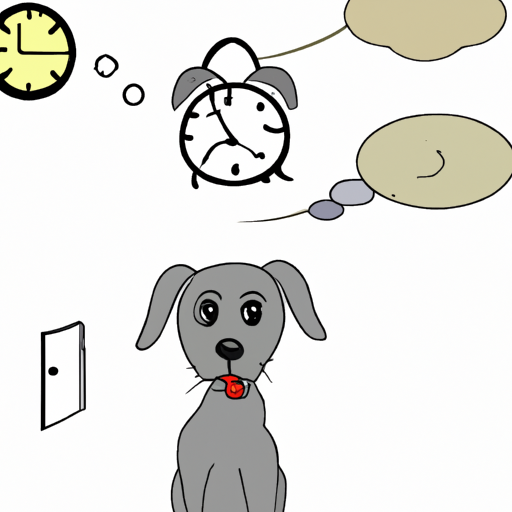1. Understanding Your Dog’s Whining
As a caregiver, you have probably noticed that your dog whines from time to time, and you might wonder, “Why does my dog whine?” Dogs, like humans, have a myriad of reasons for their behaviors, and whining is no exception. Whining can be an expression of fear, anxiety, excitement, or a request for attention. Understanding the context and recognizing the associated behaviors can provide you with vital clues about why your dog is whining.
2. Common Reasons for Dog Whining
There are several reasons why your dog might be whining. Here are the top 5:
- Seeking Attention: Dogs are social animals and they crave your attention. If your dog is whining, they might be trying to get your attention.
- Feeling Anxious: Dogs may whine when they’re feeling anxious or stressed. This could be due to a new environment, separation, or fear of something.
- In Pain or Discomfort: If your dog is whining continuously, they might be in pain. In such cases, consult a vet immediately.
- Excitement: Yes, dogs can whine out of sheer excitement too! You might notice this when you’re about to go for a walk or playtime.
- Hunger or Thirst: Your dog might be trying to tell you they’re hungry or thirsty.
3. How to Respond to Your Dog’s Whining
Responding to your dog’s whining depends on the cause of the whining. Here are a few tips:
- Attention Seeking: If your dog is whining for attention, you might want to ignore them. Giving attention to your dog when they’re whining can reinforce the behavior.
- Anxiety: If your dog is whining due to anxiety, try to alleviate their stress by providing comfort and reassurance.
- Pain or Discomfort: If you suspect your dog is in pain, consult a vet immediately.
- Excitement: If your dog is whining out of excitement, try to calm them down by speaking in a soft, soothing voice.
- Hunger or Thirst: Ensure your dog has access to fresh water and regular meals.
4. When to Seek Professional Help
If your dog’s whining becomes excessive or you can’t identify the cause, it might be time to seek professional help. A professional dog trainer or a vet can provide you with guidance and help you understand the root cause of your dog’s whining.
| Whining Type | Professional to Consult |
|---|---|
| Behavioral | Dog Trainer |
| Medical | Vet |
5. Frequently Asked Questions
Q: Can I stop my dog from whining?
A: Yes, but it’s important to first understand why your dog is whining. Once you know the cause, you can take steps to address it.
Q: Is whining always a sign of distress?
A: No, dogs also whine out of excitement or when seeking attention.
Q: Should I ignore my dog’s whining?
A: It depends on the cause. If your dog is whining for attention, it might be beneficial to ignore them. However, if they’re whining due to discomfort or anxiety, they may need your attention.
Q: How can I tell if my dog’s whining is due to pain?
A: If your dog’s whining is accompanied by other signs of pain or discomfort such as limping, loss of appetite, or changes in behavior, you should consult a vet immediately.
Understanding your dog’s whining can make you a more attentive and empathetic caregiver. Remember, your dog’s whining is their way of communicating with you, so take the time to listen and respond appropriately.



